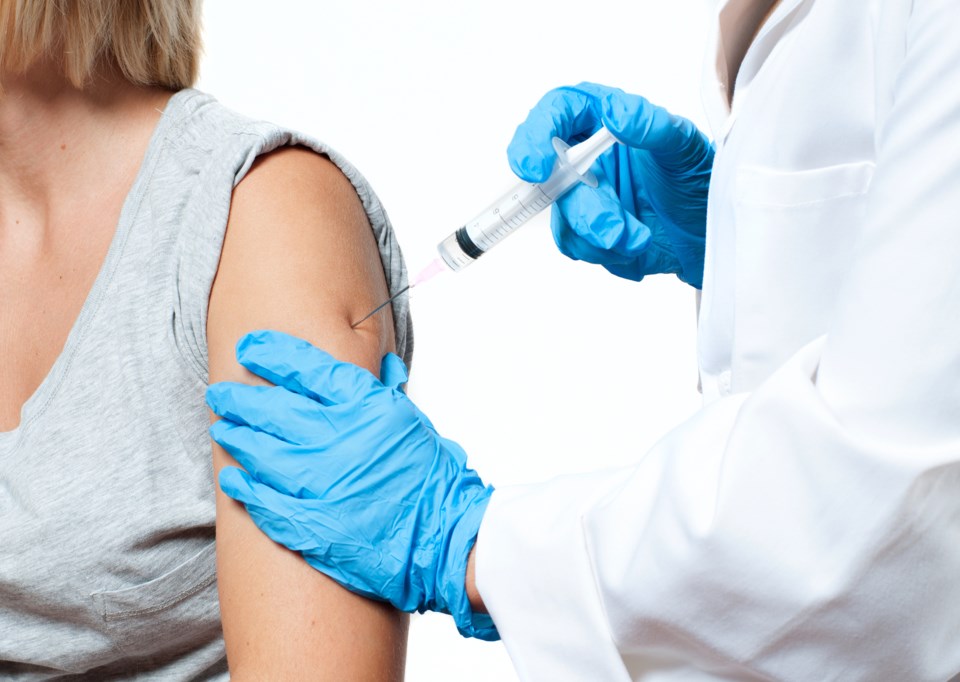There are currently no confirmed cases of measles in Saskatchewan. The Saskatchewan health ministry wants to keep it that way.
The ministry is encouraging people in the province to make sure that their vaccination is up to date. The last cases of measles reported in Saskatchewan was in 2014, when 16 people were diagnosed with the disease.
“The measles vaccine is very effective. Two doses are 99 per cent effective. What we’ve seen is that for the most part severe measles infections only happen in unvaccinated children,” said Dr. Saqib Shahab, Saskatchewan’s chief medical health officer.
Even one shot of vaccine is 95 per cent effective. Yet two doses are the norm and are recommended to be done on time, with the first shot of the measles, mumps, rubella vaccine (MMRV) at 12 months and the second dose at 18 months.
If for some reason the person didn’t receive the vaccination on time, it’s always possible to get it later.
“Anyone born after 1970 should have two doses of the measles vaccine. So it doesn’t matter if your child is pre-school, or is in school, or if you are a young adult who for some reason didn’t get vaccinated, make that call to the public health,” Shahab said.
General vaccination numbers in Saskatchewan are quite high. The vaccination rate for children starting school is around 89 to 90 per cent. It grows to around 92 per cent at Grade 1. By the time children finish school, it’s around 95 per cent.
Despite a robust public discussion on the pros and cons of vaccinations, it turns out most people still choose to vaccinate.
“Less than one per cent of people actually refuse immunization due to personal beliefs. About five to 10 per cent have questions about immunization,” said Shahab.
Due to having previous reactions or a current condition, less than one per cent of the population cannot be vaccinated.
Those who have questions are advised to address them to public health specialists. In most cases, after all questions are answered, people choose to take a shot.
The vaccination doesn’t guarantee that one won’t get sick, yet if vaccinated the illness will be milder.
“We hardly ever see full-grown measles in a vaccinated child,” said Shahab.
Shahab also pointed out that the decision not to take the MMRV shot affects not only those who get vaccinated but also people in their closest circle.
“When we choose to get a child vaccinated we obviously protect our children but we also protect others around them. Especially those children who may be having chemotherapy or other treatments and because of their current condition may not get vaccinated at that time,” said Shahab.
He also reminded that vaccines are safe and have saved more lives in Canada in the last 60 years than any other medical intervention.
International travels may also bring more risk if the proper measures are not taken. In that manner, if travelling outside of Canada with a little child, it may be a good idea to contact the local health authority.




